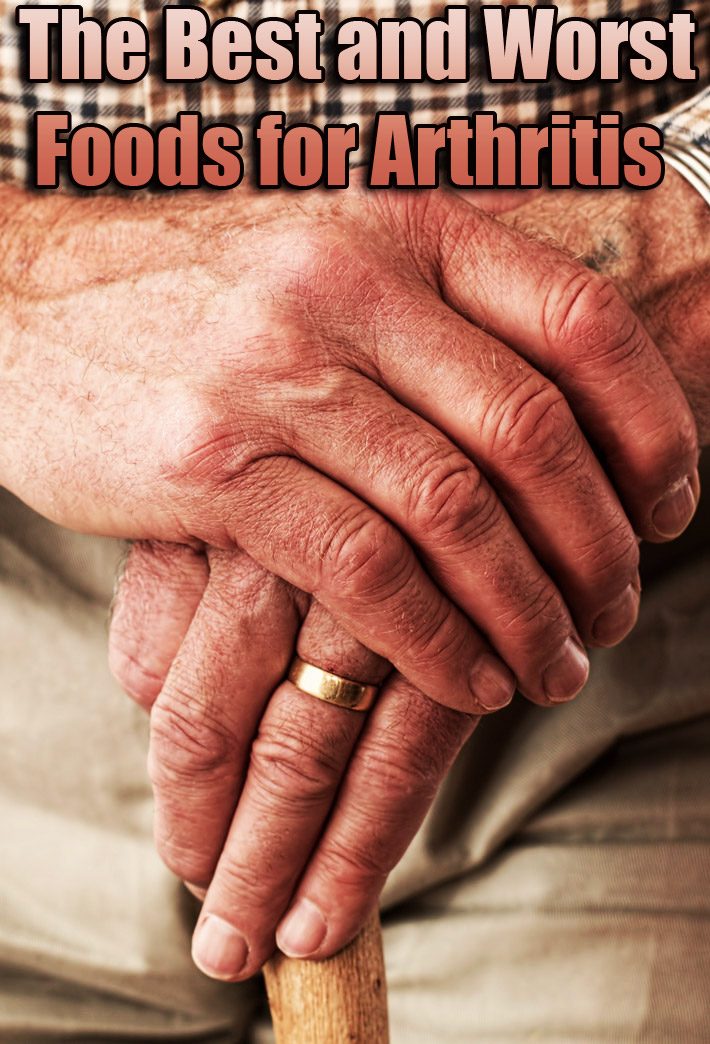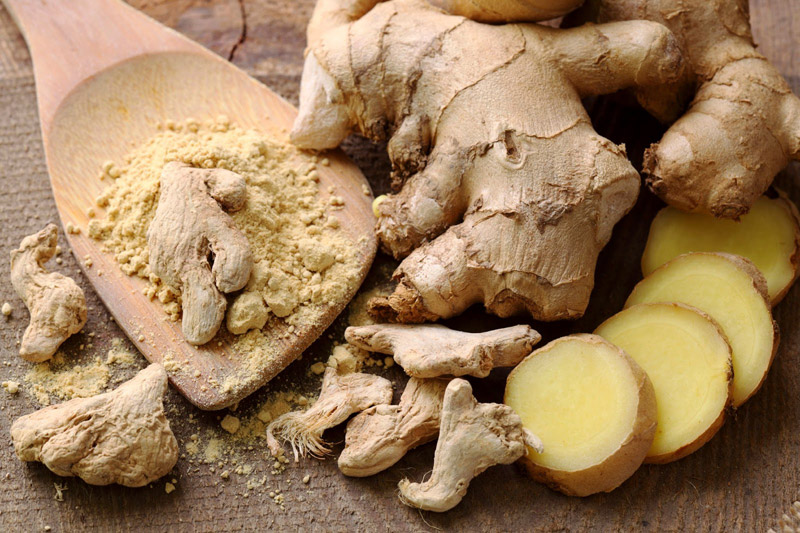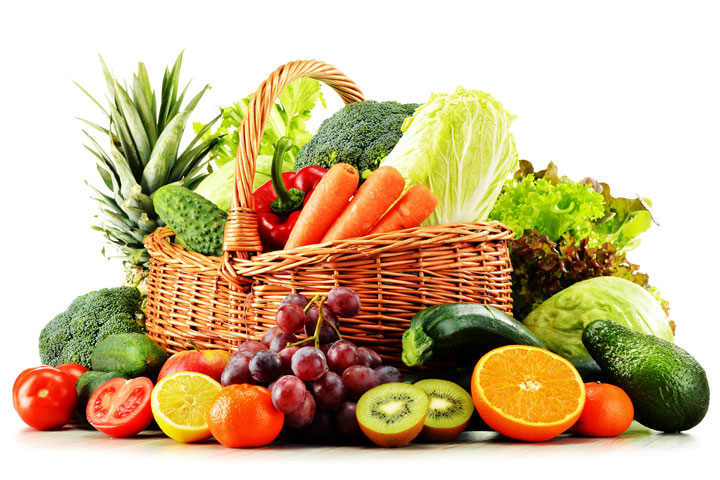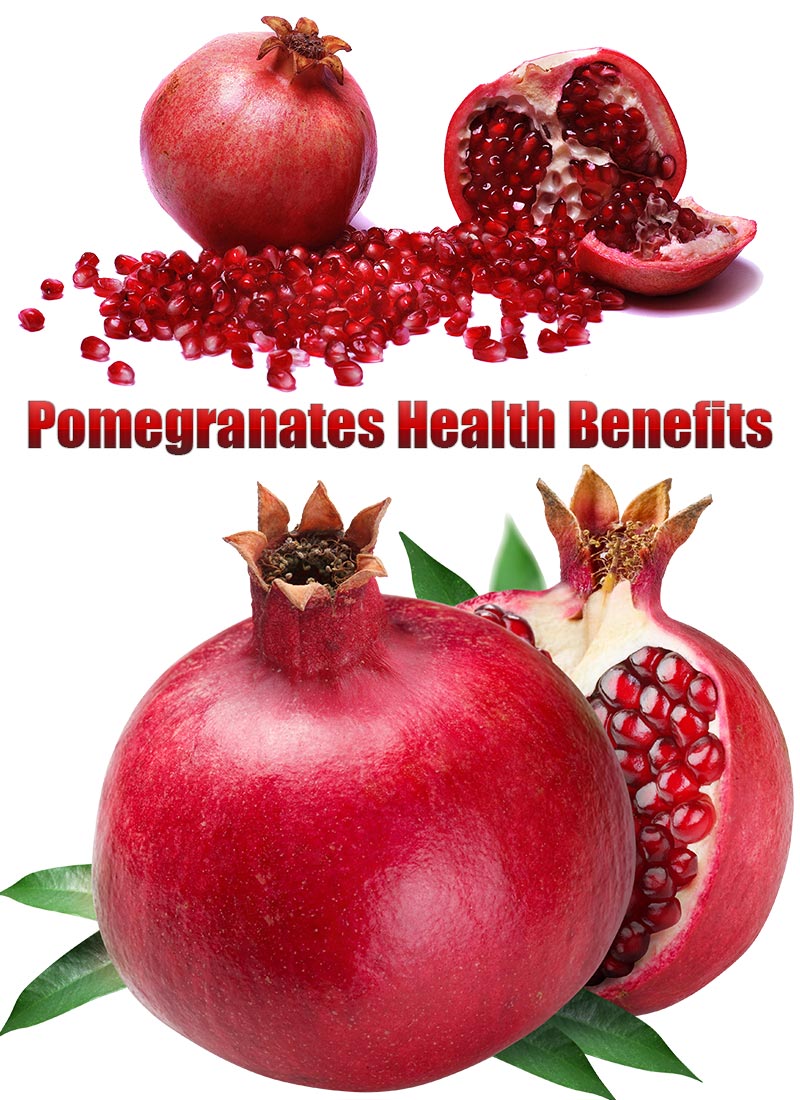
Arthritis is an incredibly common condition. According to The Arthritis Foundation of America, 17.1 million men and 24.3 million women in the United States currently have a form of arthritis.
The word arthritis just means inflammation of the joints. There are several different types of arthritis and it can affect any joint in the body. The most common joints to suffer are the knees, hips, elbows, finger joints and joints in the feet.
Arthritis is so incredibly common; it seems like it’s almost inevitable once a person grows older. Is arthritis just a symptom of old age? I don’t believe it is and I also don’t believe it’s genetic in most cases.
There are a number of different anti-inflammatory and pain relieving drugs used for arthritis, but they can be ineffective at best, and lead to harmful side effects. Some arthritis medication raises the risk of heart attacks and strokes, and some can cause digestive problems.
You have a lot of control over whether or not you will develop arthritis, and how severe the arthritis may be. The food you choose to eat or choose to avoid can make all the difference.
Worst foods for arthritis
Wheat and gluten

These foods are a major driver of inflammation and arthritis. Allergy or intolerance to wheat and gluten is incredibly common and joint pain is one of the most common manifestations of the immune response to these foods.
Even if you don’t feel you have an allergy or intolerance to these foods, they promote and aggravate arthritis because they increase intestinal permeability.
They have a scratchy and irritating effect on the delicate lining of your intestines. In this way they increase intestinal permeability. A great deal of research has linked leaky gut syndrome to joint pain. If your gut is excessively leaky, wastes, bacterial toxins and incompletely digested foods are able to gain entry to your bloodstream. The immune cells in your bloodstream form antibody complexes with these foreign invaders and these complex can lodge in the joints, creating inflammation and pain.
Dairy products
Milk and all foods that contain it are just as bad as gluten for many people with arthritis. The protein in milk is called casein, and it too irritates the gut lining and promotes leaky gut syndrome. Lactose is not the culprit, therefore drinking lactose free milk is not the solution. Some people can tolerate milk made by goats or sheep. Through a process of trial and error you can see if you are one of them.
Nightshade vegetables
Vegetables in the nightshade family include tomatoes, eggplant, peppers (capsicum and chilli) and potatoes. Sweet potatoes are in a different botanical family and are okay to eat. The botanical name of this group of plants is solanaceae and they contain an alkaloid called solanine. For a large percentage of arthritis sufferers, this natural compound greatly worsens arthritis pain. Try eliminating this group of foods from your diet for a month to see if you obtain relief.
Sugar
Sugar raises inflammation in every single part of your body. It increases inflammation in your arteries, making you more prone to atherosclerosis and it stimulates your immune cells to secrete inflammatory chemicals, increasing the risk of cancer, depression, anxiety and many other conditions. Different people have a different sensitivity level to sugar. Some people experience increased pain and stiffness after one slice of birthday cake, whereas other people only become symptomatic if they eat sugar several times per week. Try cutting it out to see what effect it has on you. Stevia is an entirely natural calorie free substitute.
Industrial vegetable oil
Although it’s called vegetable oil, the unhealthy oils to avoid generally come from seeds. These oils are very high in omega 6 fats, which produce inflammation in the body when consumed in excess. It is very easy to consume omega 6 fat in excess because it is found in so many foods that people commonly eat each day. The delicate fatty acids in these oils are damaged during the process of extraction and refinement. They are further damaged if you heat them during cooking. Damaged fats create an enormous amount of free radical damage in your body.
The oils to avoid are cottonseed, canola, soybean, sunflower, safflower, rice bran, grape seed and corn oil.
Citrus fruits

On the whole, citrus fruits are extremely healthy and a great way to obtain vitamin C and other nutrients. However, they do increase joint pain for some people. If you are following a healthy diet yet still suffering with joint pain, try eliminating all citrus fruits from your diet for a month to see what happens.
Best foods for arthritis
Celery
Celery is particularly good for gout sufferers, and eating a lot of celery, or making celery juice can be an effective way to reduce the pain and duration of a gout attack. Celery is a diuretic and it enhances the ability of your kidneys to excrete uric acid. A build up of uric acid in the joints can cause a great deal of pain. Having high blood levels of uric acid also increases the risk of kidney damage if allowed to continue for years. Whenever you make a vegetable juice, try to include one or two stalks of celery.
Ginger

Ginger is a very warming spice that improves blood flow and circulation. It is particularly good for people who experience worse joint pain during cold weather, or people who are just excessively sensitive to the cold. Ginger helps to relieve more than just joint pain; it is also excellent for menstrual pain. Grate some raw ginger into stews, soups and casseroles. You can also include some in your raw vegetable juice.
Apple cider vinegar
You have probably heard that apple cider vinegar is great for joint pain. It has a number of fantastic benefits to your body. Apple cider vinegar improves your digestion, particularly digestion of protein rich foods. As we all get older, our stomach’s ability to produce sufficient acid diminishes. It’s no coincidence that joint pain also increases as we get older. Better protein digestion means you are less likely to develop food allergy or intolerance and less likely to develop leaky gut syndrome. Apple cider vinegar also reduces joint pain by helping to make your body more alkaline.
You can use it as a salad dressing, along with olive oil, or you can place a tablespoon in a ¼ mug of warm water and sip it 10 minutes before a meal.
Oily fish

Oily fish is high in omega 3 fats, which have a powerful anti-inflammatory effect in your body. These fats really act like a wet blanket thrown over a fire. They reduce pain, swelling, redness and stiffness. The best types of fish include salmon, trout, herring, sardines, anchovies, mullet and mackerel. Wild fish is preferable to farmed fish because it consumes its natural diet and therefore its flesh is much higher in omega 3 fats.
If you don’t consume these kinds of fish regularly, you would benefit enormously from a fish oil supplement.
Sulfur is a necessary component of all connective tissue. Therefore it helps to maintain the integrity of joints, tendons and ligaments, as well as hair, skin and nails. Sulfur is also required by the liver for phase 2 detoxification, therefore helps to support healthy liver function. Foods high in sulfur include cabbage, broccoli, cauliflower, eggs, garlic and onion. Try to include plenty of these foods in your diet. If you currently suffer with joint pain, you may need a more concentrated form of sulfur in supplement form called MSM.




Leave a Reply